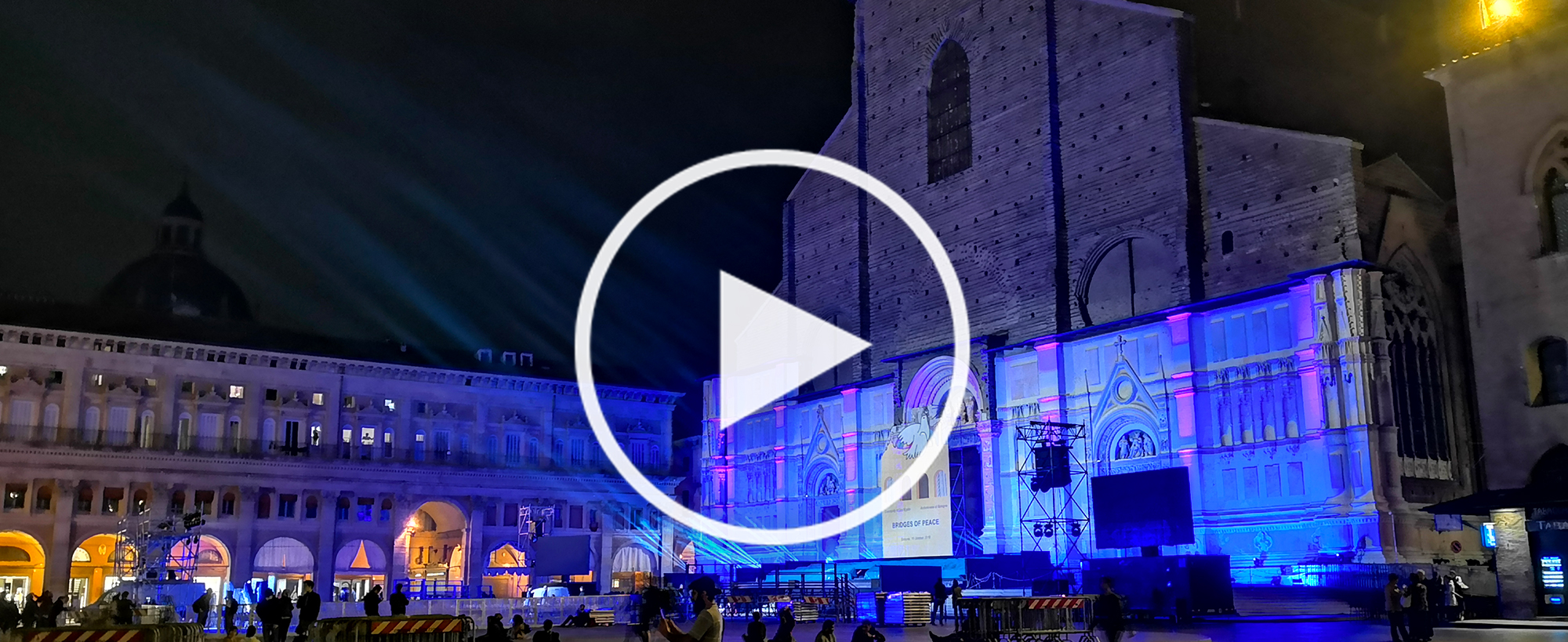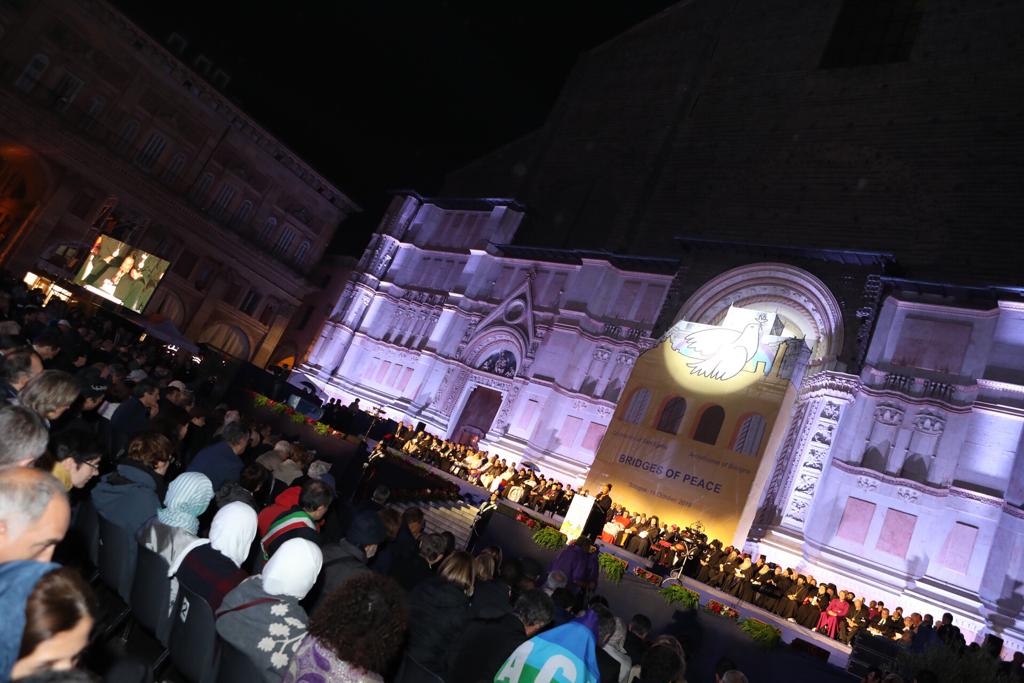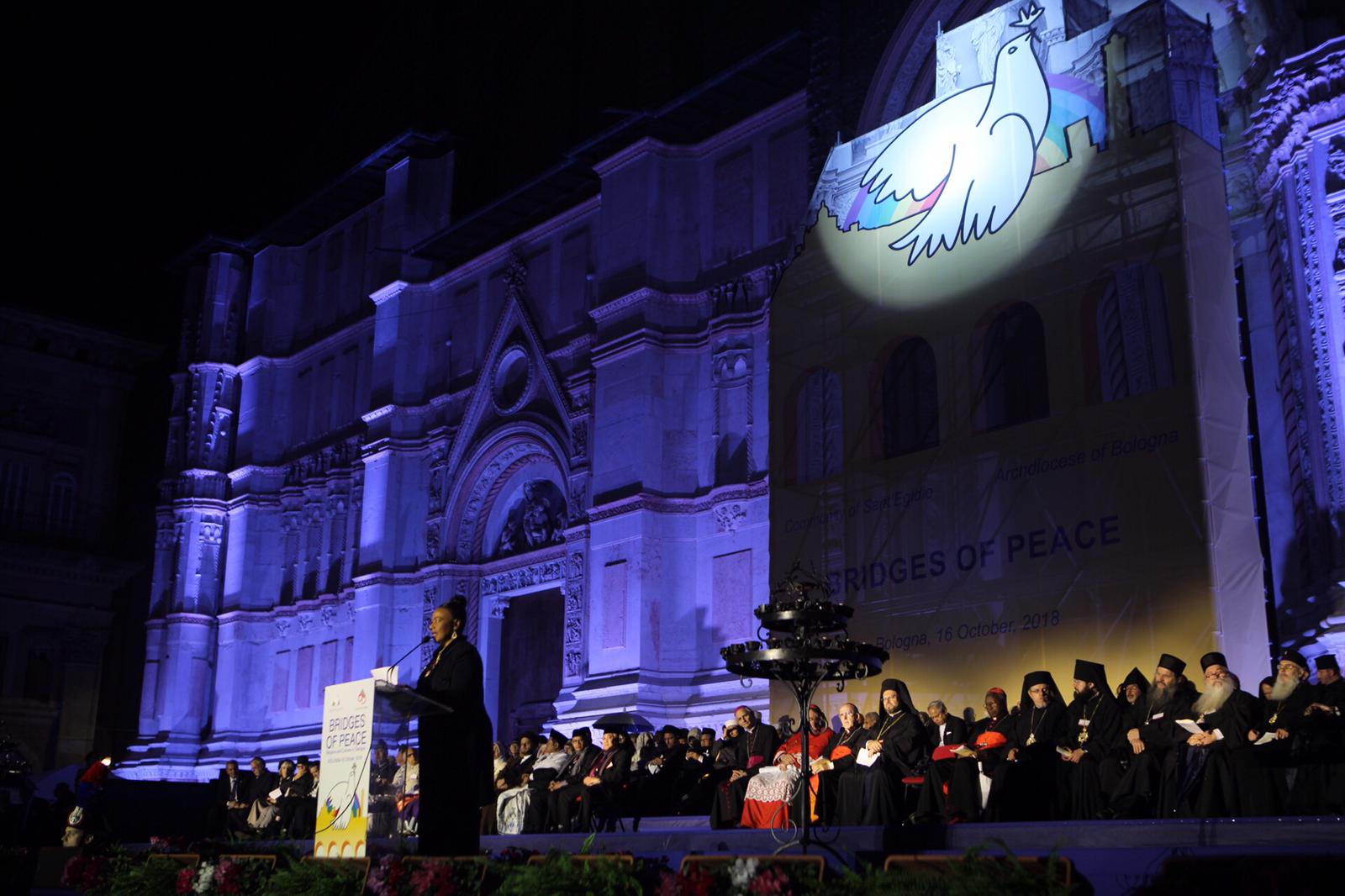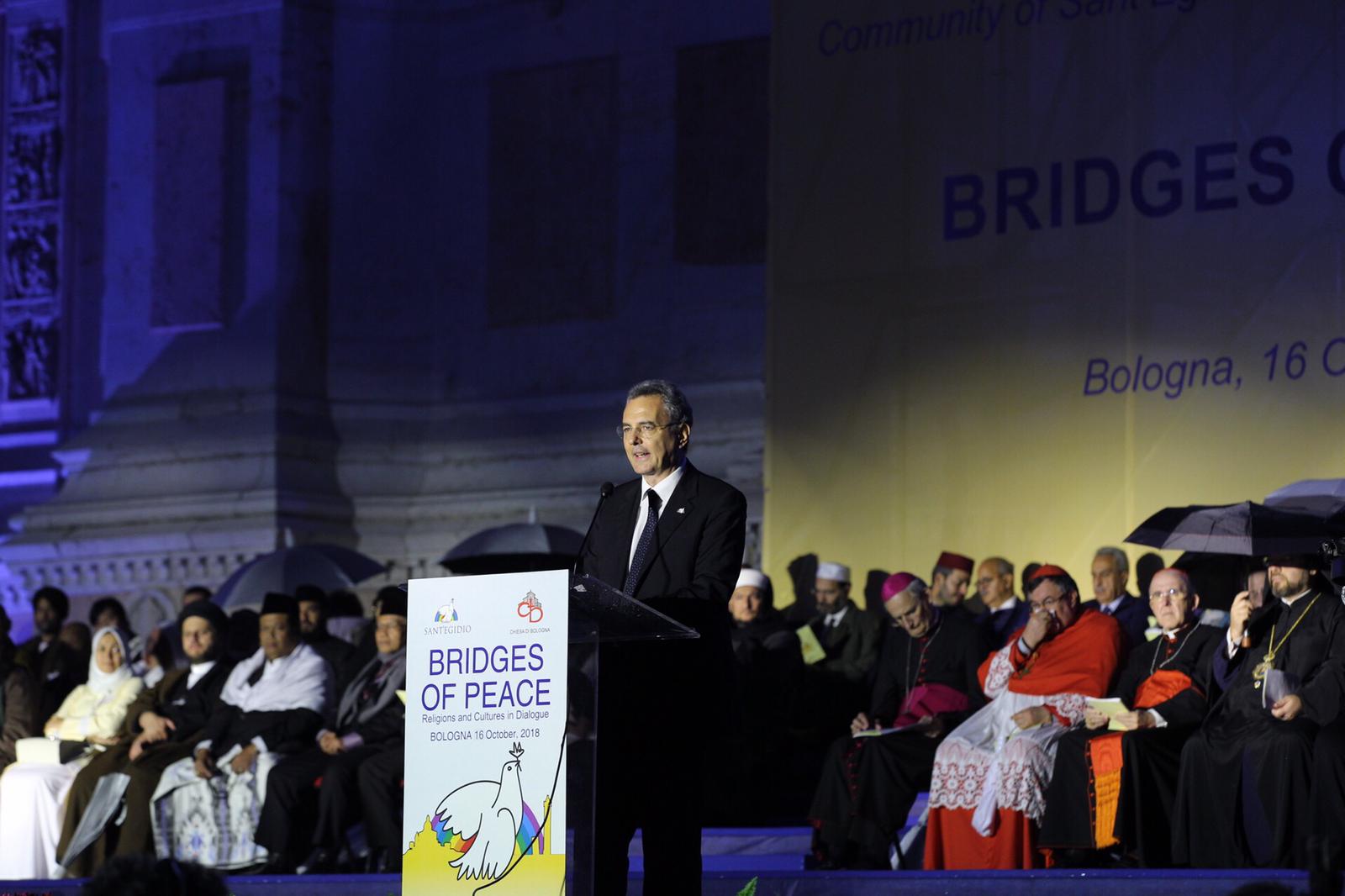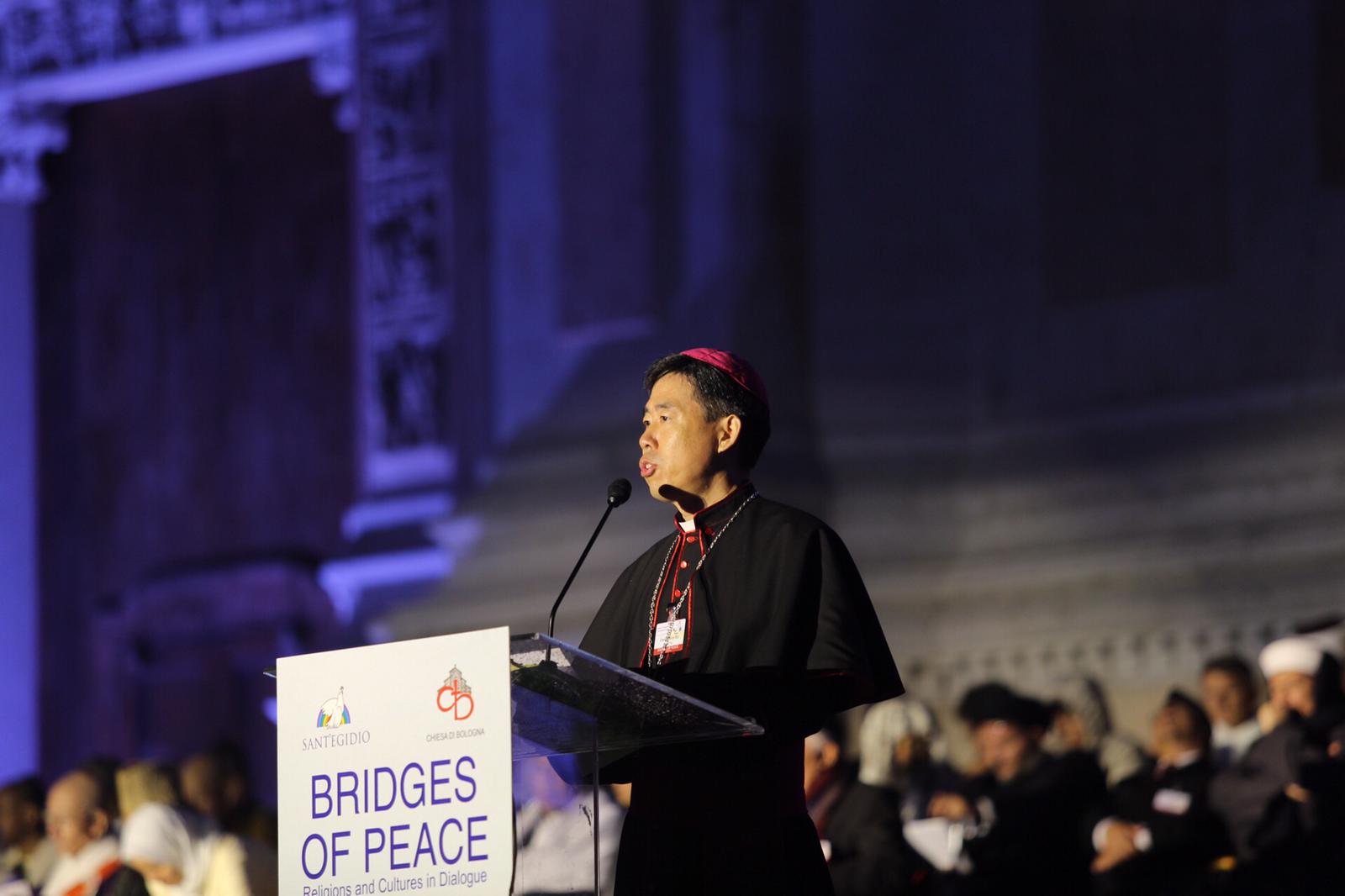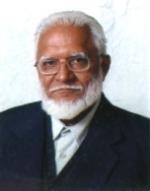
Old and young are classified diversely on the basis of authority, experience, maturity, memory, knowledge, communication and adaptability. In the past, old was gold and the young were expected to follow the old. That was how the purpose of alliance between young and old was conceived: to serve continuity and to control change. Presently, youth policies in various countries, even UN programs about youth advise the youth to follow the old as source of wisdom.
In the world today rapid progress in technology, economy, medicine and communication and several other fields has improved human life conditions tremendously the physical gap between old and young has increased tremendously. But it has also disturbed the balance in population. In developed countries, the old are greater in number than the young whereas in developing countries number of the youth is higher than the old. This demographic generation gap is creating several other types of generation gaps in developed and developing countries. Not because old are living longer and not that I am against the young taking care of the old, but these generation gaps are posing more complex challenges and require broader perspectives for rethinking.
Generation gap is increasing also in terms of knowledge, skills, innovative attitude, and open ended communication in daily life. This is no longer a gap between young and old in one generation, some countries have several generations living with diverse cultural, religious and ethnic worldviews. I am not referring only to the challenges pose by migration. I am pointing to the globalized world that is bringing populations of multiple generations together. Recent experiments in Holland of bringing young and old to live together stresses the urgent need of bridging the generation gap. More significantly, this initiative has demonstrated the possibility of such alliance to bridge several other generation gaps between the people. The success of this experiment reveals four things. First, these gaps are not real and that they can be bridged successfully with careful approach. Second, it is not a generation gap in terms of age and is not restricted to family situation. Thirdly, it is essentially a communication gap and need to be addressed in those very terms. Fourthly, this gap has been wrongly imagined in terms of conservatism and conflict between the young and old. It is necessary, but not possible to deal with this complex phenomenon in this short intervention. I will only focus on communication gap and limit myself to its religious aspect.
I focus on religion because the notion of generation gap has affected the cause of religion more than other concepts. Also, because religious traditions in every society have been bridging this so-called generation gap and kept the religious communities together. They have shown that the idea of generation gap might be an excuse to shun our responsibility to communicate effectively. The aim of the communication is not simply to transfer the inherited doctrines but to convey the message in a way that is comprehensible to the audience. It is also transferring the ownership of that understanding to the listener.
One issue in communication gap is the scrupulous nature of religious communication that pays more attention to theological nuances and metaphysical terminology than the objectives of communication. That is why sometimes scholasticism faults popular religious speakers for laicism. In Muslim societies, authorities hold popular religious thinkers responsible for controversies and insist that only formally trained graduates are qualified to speak on Islam.
I am reminded at this point of a great Indian Muslim theologian in early twentieth century, Ashraf Ali Thanawi who was very conscious of this weakness among the religious scholars. He took initiative to speak to Muslim students at Aligarh University, who were not at all familiar with theological diction. Paradoxically, instead of asking the religious scholars to speak in simple words, he appealed to these students to sit frequently with religious scholars so that they could understand the terms and concepts what religious scholars say. It is not only the issue of language loaded with correct but difficult Arabic and Latin or Hebrew and Sanskrit words. It is also the metaphysics and worldview in which religious concepts are expressed to the listeners who do not share that worldview. It is question of reconstructing new theology that is understandable to the young today. In the present globalized world, we need to develop alliances between all shades of young and old to build bridges for peace. We need to develop a language in which we can converse across beliefs and no beliefs. We develop a worldview to find a common ground to share our dreams.
I will conclude my remarks with a popular poem by Amjad Islam Amjad a great Pakistani Urdu poet. I have translated it into English and take responsibility for the faulty English and lack of rhyme and rhythm. The poet wrote this poem for his son Zeeshan telling him how each generation has its own dreams. Why each generation is reluctant to trust the young with its dreams, and how each generation interprets dreams in their own time and space and moves on.
My son, you're born into a new world
How can I trust you with my dreams?
I have been crossing hills, rivers and streams
To be true to my word
You might carry my dreams to feign obedience
But your life and times are not the same as mine
You may not value what I value
To my creed, you may not give credence
You don't have memories like mine
You have seasons and flowers, so strange to me
Your way of life, so different from my own
How can I speak in your tongue?
How can I protect you, in this tumultuous sea?
Every son, since the time of Adam,
Must have wondered like you do
Should I love old ways to love the old?
Stories of love that have been told
Are all the same, there's nothing new
Should I tell you about my father?
I thought he always talked of yore
Of golden coins that lost their luster
Of times and ways, here no more
But now I've come to know
It's our eyes that come to blunder
They show us worlds so new and full of wonder
One comes to know the Truth ever too slow
How should I tell you what will happen one day?
You'll be telling this story to your son
Anguished by the creeping shadows of the setting sun
Wondering why so eagerly he looked forward to the following day?
